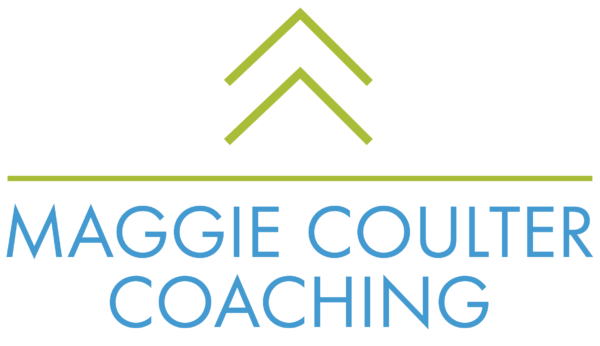Can You Have Too Much Compassion?
3 Ways to Deepen Your Exploration of Compassion
Earlier in November, I attended a half-day mindfulness retreat focused on self-compassion and hosted by the Canadian Mindfulness Centre. The facilitator opened the retreat by inviting the participants to share our understanding of what self-compassion means. Right away, it became clear that compassion is one of those complex concepts that requires deep exploration. Compassion can make the difference between:
- Health and illness,
- Positive interactions and negative ones,
- Effective leadership and disengagement,
- And so much more.
My own understanding of compassion has been influenced by several experts in mindful leadership. In Maria Gonzalez’s book, Mindful Leadership: The 9 Ways to Self-Awareness, Transforming Yourself, and Inspiring Others, she explains compassion as follows:
“To be compassionate is to contribute to creating a gentler, kinder relationship with yourself, your family, your organization, your community, and the world.”
As each participant at the retreat shared their own ideas around compassion, it was obvious that we all felt compassion had to do with kindness towards yourself and others, and that kindness was not something that always came naturally. Many of us hear the voice of our inner critic in our heads, berating and shaming us for not being or accomplishing more or better. Seldom do we allow our voice of compassion to surface and acknowledge that we are doing the best we can.
The discussion took an interesting turn when someone raised a question about compassion around emotions. Just how compassionate should we be with certain emotions? She wondered. Do we turn kindly to any depression we might be experiencing, and lean into those emotions of sadness and hopelessness further, or would that be considered indulging depression to an extent where it might be considered harmful?
This was a great question and opportunity to really delve into the complexity of compassion, and to contemplate whether a line could be drawn between “enough” and “too much”. Due to the nature of the retreat, which included a full morning of yoga, meditation, mindful eating and mindful walking, we didn’t have the time to investigate this much further. I was reminded that some of the richest topics cannot be resolved in a quick moment, and that holding the space for ongoing exploration is an important skill to master if you want to find any answers at all.
Janice Marturano recognizes the value of exploring compassion over time, in her book, Finding the Space to Lead: A Practical Guide to Mindful Leadership. She observes that:
“Noticing our own suffering is the starting place for training ourselves to cultivate compassion. We are generally not very good at acknowledging the difficulties in our lives, but quite good at denying and ignoring those parts of our lives that are painful.”
Noticing your own suffering is something you can do on your own, through written reflection or meditation of some kind, or in conversation with a friend or partner. Or, you may need to consult a specialist to help you develop the capacity to identify and be with your suffering, such as a therapist.
How else can you go about exploring and deepening your understanding of compassion (or any other complex concept) and its benefits? Here are some tips:
- Practice unknowing: Let go of having to know the answers right away, or having a complete understanding from the start. Embrace the idea of living into this exploration and increasing your understanding over time.
- Pay attention to how you are being compassionate already; with yourself and others. Reflect on these moments such that you can readily identify your compassion-based strengths as well as opportunities to develop your compassion further.
- Consider the impact compassion has on yourself and others, so that you become clear on why it is important to consider developing your compassion skills and strengths. This can motivate you in your compassion practice.
Compassion is one of those complex topics that can’t be fully explained in a soundbyte. It’s one of those concepts that we need to work with over time in order to enhance our understanding, benefit from it personally and be able to share it with others. The best things are worth exploring in this way, and the tips above will help you hold the space for this kind of exploration and increase your awareness around compassion and its beneficial impacts.
***
“Big Ideas” like the leadership benefit of compassion and the power of self-reflection are an essential premise to the work done by PeopleDynamics Learning Group, the company that brings the Business Coaching Advantage Certification Program™ to you. Join the next cohort to develop your business coaching skills and your capacity to hold the space for reflection on complex concepts! Special anniversary pricing available for the January 2018 fully virtual program, more details here.
